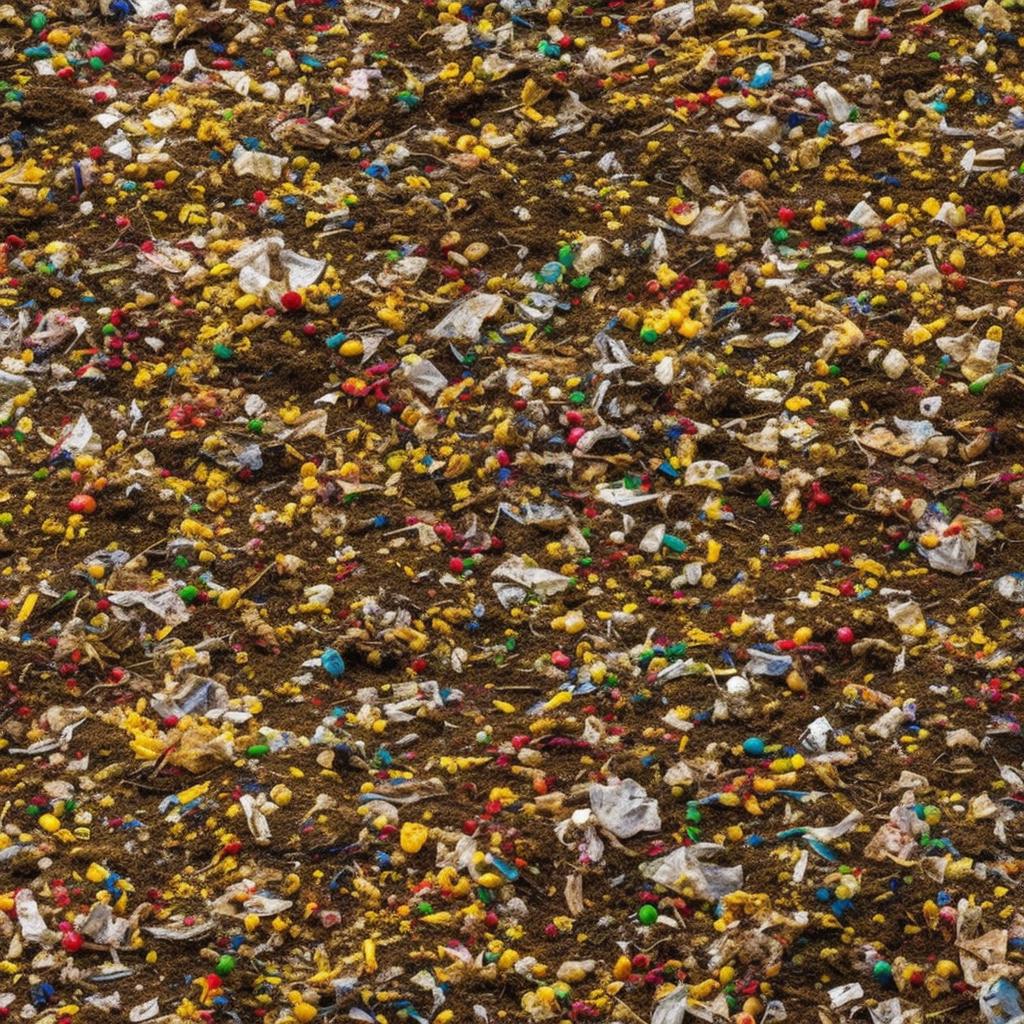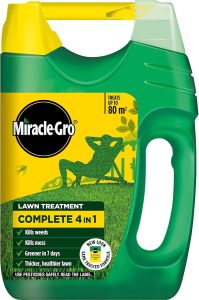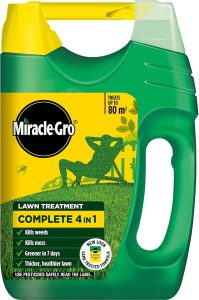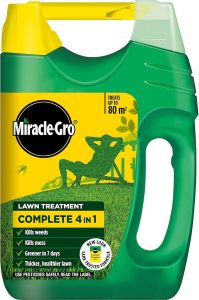In a world where waste management is becoming increasingly critical, one solution stands out as a golden opportunity to make a positive impact on the environment: composting. By turning organic waste into nutrient-rich soil, composting not only reduces landfill waste but also creates a valuable resource for gardens and agriculture. Join us as we delve into the benefits of composting and discover how this simple practice can truly turn waste into gold.
The Magic of Composting: Transforming Waste into Fertile Soil
Composting is truly magical – it takes what is typically considered waste and turns it into nutrient-rich soil that can help plants thrive. By breaking down organic materials such as food scraps, yard waste, and paper products, composting creates a valuable resource that can be used to enrich soil and reduce the need for chemical fertilizers. This process not only benefits the environment by diverting waste from landfills, but also improves soil health and promotes biodiversity.
One of the greatest benefits of composting is its ability to improve soil structure, drainage, and moisture retention. The rich humus created through composting helps to aerate soil, allowing roots to grow deeper and plants to access nutrients more easily. Additionally, compost helps to reduce erosion and runoff, leading to healthier waterways and ecosystems. By incorporating compost into gardening and farming practices, individuals can contribute to a more sustainable and flourishing environment for years to come.
Environmental Benefits of Composting: Reducing Landfill Waste and Greenhouse Gas Emissions
Composting is a simple yet effective way to reduce the amount of waste we send to landfills and decrease greenhouse gas emissions. By turning organic waste into nutrient-rich compost, we can create a valuable resource for our gardens and help combat climate change at the same time.
Through the process of composting, we can:
- Divert waste from landfills: Organic waste that ends up in landfills produces methane, a potent greenhouse gas. Composting helps to reduce the amount of waste that gets buried in landfills, ultimately decreasing methane emissions.
- Improve soil health: Compost enriches soil with essential nutrients, improves soil structure, and helps retain moisture, resulting in healthier plants and increased biodiversity.
| Landfill Waste Reduction | Greenhouse Gas Emission Reduction |
|---|---|
| Less waste sent to landfills | Decreased methane emissions |
| Reduction in landfill space usage | Contribution to climate change mitigation |
Economic Advantages of Composting: Saving Money on Fertilizers and Improving Soil Health
Composting is not only beneficial for the environment, but it also offers significant economic advantages. By turning your food scraps and yard waste into nutrient-rich compost, you can save money on fertilizers and improve the health of your soil. This natural and sustainable practice not only reduces the need for expensive chemical fertilizers but also enhances the overall fertility and structure of the soil.
When you compost, you are essentially turning waste into gold. The organic matter in compost improves soil structure, increases water retention, and encourages beneficial microbial activity. This results in healthier plants with stronger root systems that are more resistant to disease and pests. By investing in composting, you are not only saving money on fertilizers but also creating a more sustainable and productive garden or landscape.
Key Takeaways
the process of composting is truly a magical transformation of waste into gold. By diverting organic material from landfills and returning nutrients to the soil, composting not only helps the environment but also creates valuable resources for our gardens and landscapes. So next time you think about throwing away your food scraps or yard waste, consider the benefits of composting and join the movement towards a more sustainable future. Happy composting!




